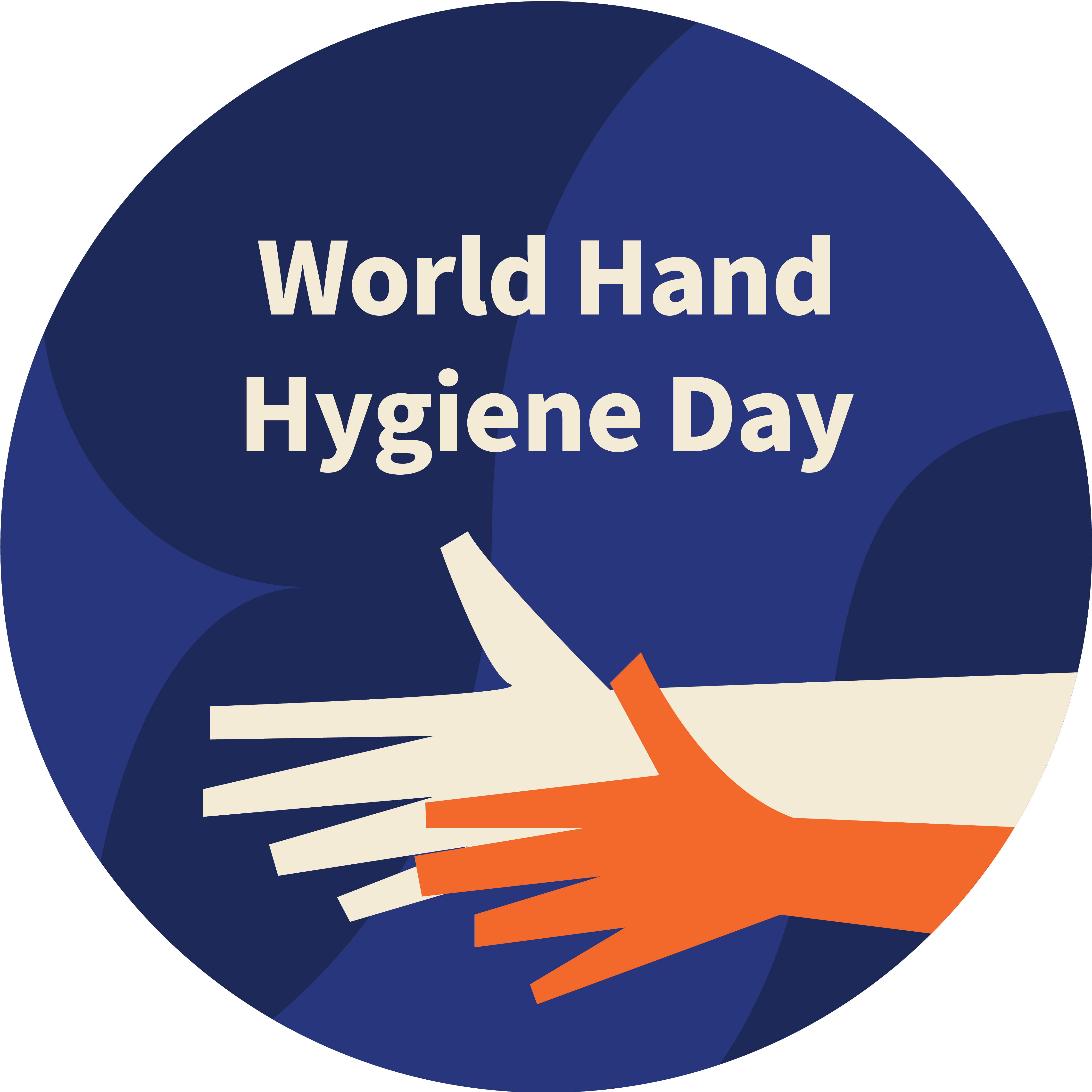About the journal
International Journal of Infection Control is an open access, peer reviewed journal publishing informed and rigorous work on all aspects of infection control, especially pertaining to practice and research in developing countries. IJIC is committed to thorough and constructive blinded peer review and consequent revision that will lead to the highest quality articles, and we will endeavor to produce work that is clear and engaging reading for multiple audiences. IJIC provides immediate open access to its content on the principle that making research freely available to the public is the most effective way to support the growth of knowledge. Learn more >>




